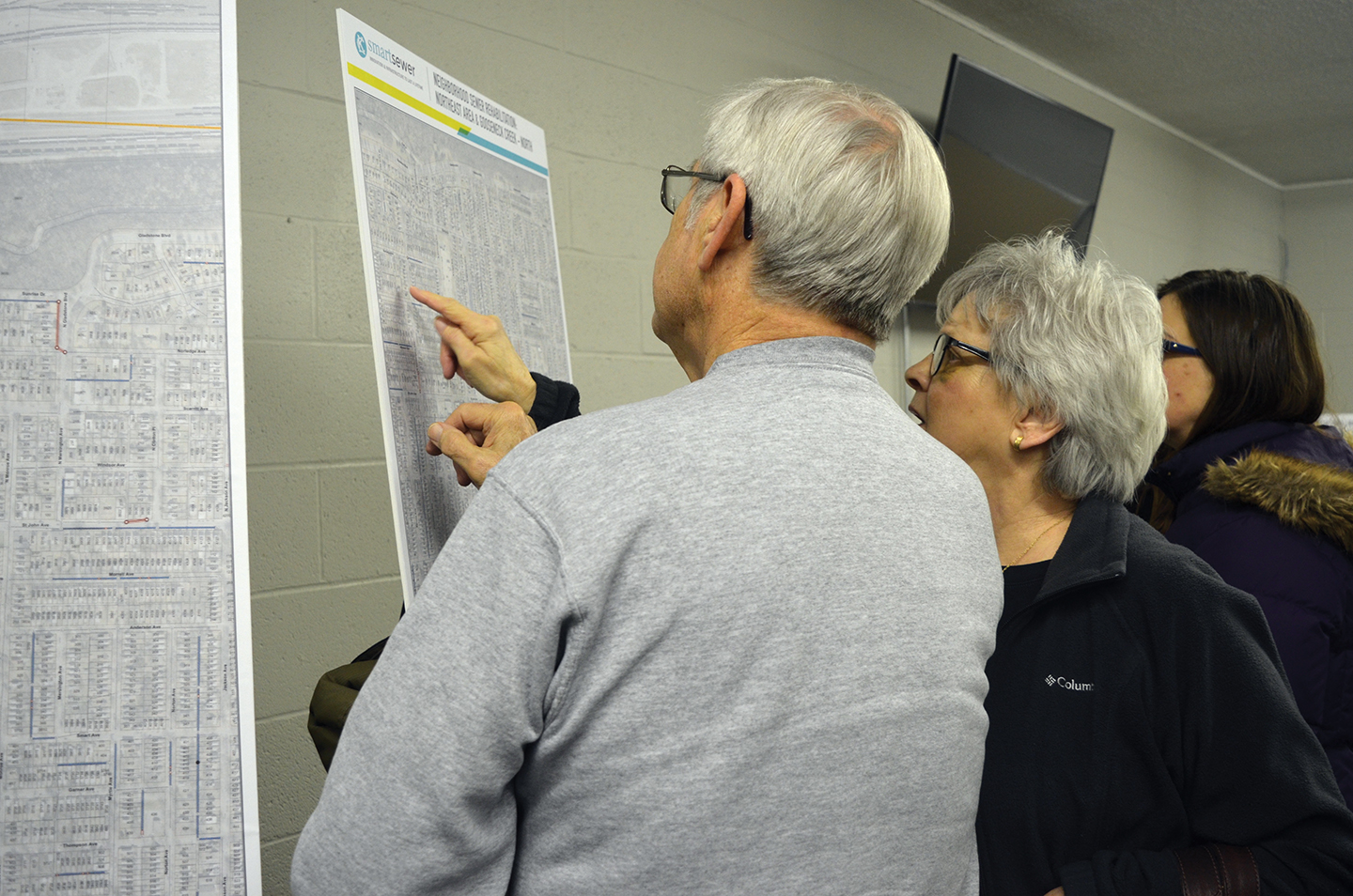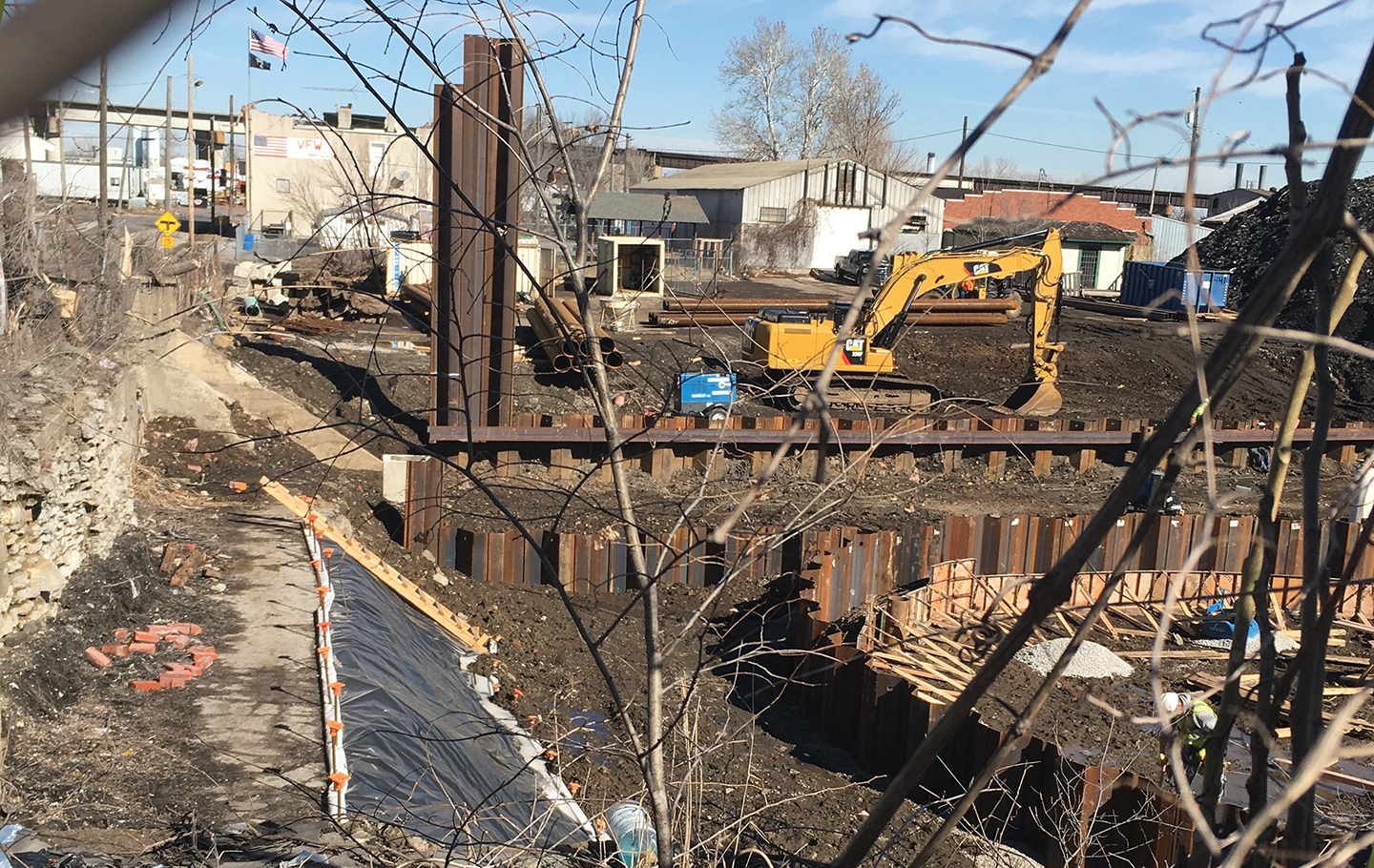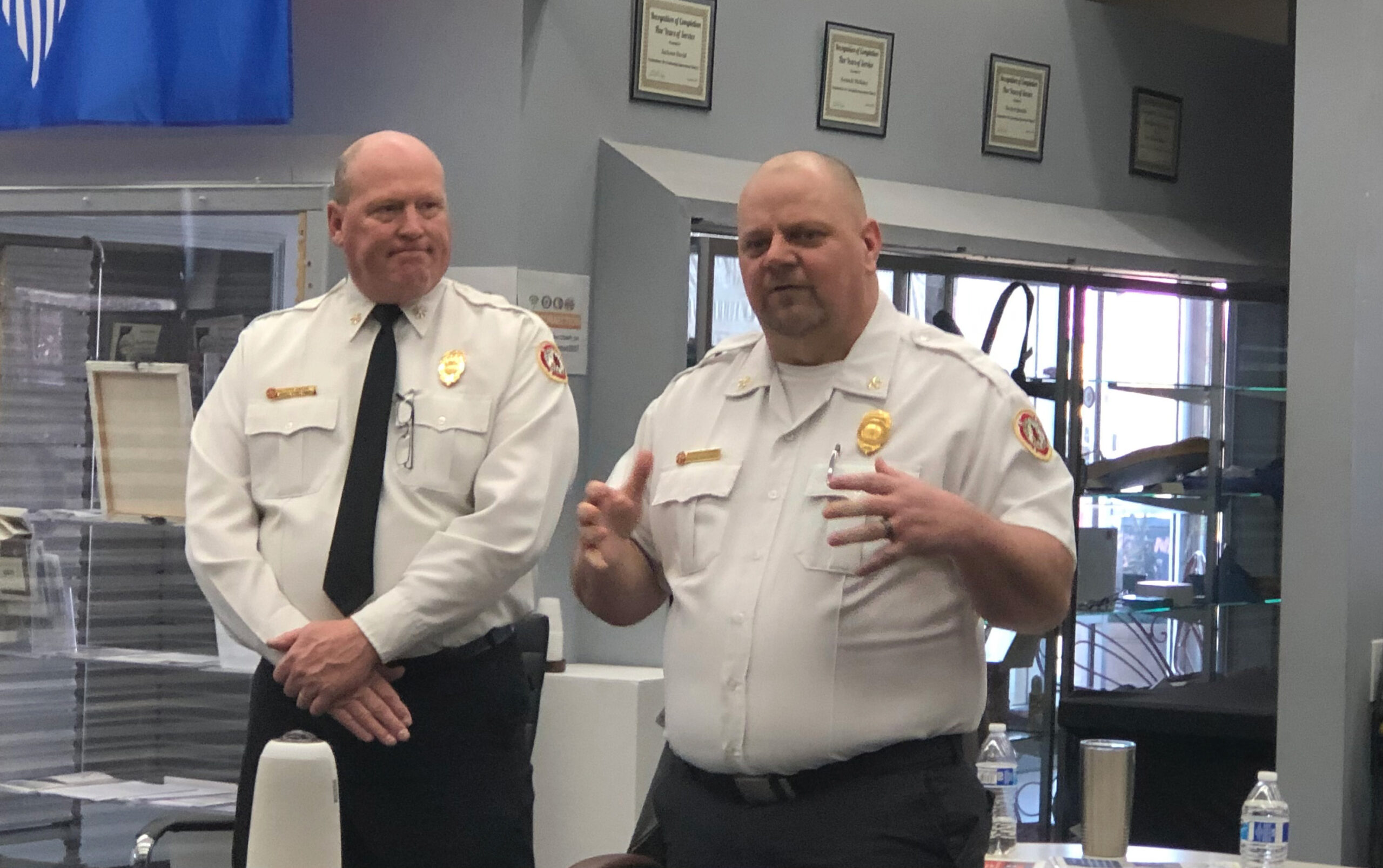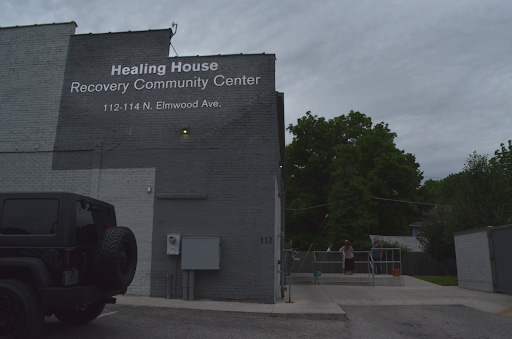Elizabeth Orosco
Northeast News
The City of Kansas City will begin implementing the construction phase of the Smart Sewer Program in the Northeast area this month. The project is making improvements to the wastewater system by rehabilitating sewer mains, service laterals, and manholes to like-new conditions.
The new infrastructure will restore capacity to the wastewater collection system and lessen the frequency of sewer overflows and basement backups.
The scope of the work for this project entails the rehabilitation and/or replacement of approximately 74,000 linear feet of sewer mains, approximately 1,050 service lateral connections, and approximately 75 manholes.
Currently, some portions of Kansas City’s wastewater system have never been updated or replaced and are 150 years old. Built of clay pipes, and in some cases, housed in side tunnels lined with brick, these systems have succumbed to age and the forces of nature and must be updated.
Kansas City’s Smart Sewer program is a 25-year, $4.5 billion plan to address this challenge. The Northeast Area and Gooseneck Creek North Neighborhood Rehabilitation Project is one piece of the Smart Sewer Program.
Construction for this project is scheduled for February 2019 to July 2020. Residents will be receiving notification of any disruption, including large equipment creating noise and dusty conditions, temporary street closures, and temporary sewer service disruptions.
Nicki Chestnut, Project Manager with Taliaferro & Browne, Inc. said residents directly impacted by the scheduled work will be notified by a letter or door hanger with construction work duration and contact information a minimum of 48 hours prior to work commencing on their property.
“The Contractor will need to dig within the City’s sanitary easements located on private property to rehabilitate or replace sewer mains, service lateral connections or manholes,” she advised. “The Contractor will work as quickly as possible to provide minimal disruptions and restore surfaces to existing conditions or better when complete.”
Kansas City’s current sewer system comprises both combined and separate sewer systems totaling approximately 318 square miles. Wastewater in Kansas City travels through some 2,800 miles of pipeline before arriving at one of the City’s six wastewater treatment plants.
In separate sewer systems, stormwater and wastewater are collected separately in two different pipes. The wastewater is transferred to a wastewater treatment plant and the stormwater is directed to flow to nearby rivers and streams– untreated. A combined sewer system collects both storm and wastewater in the same pipe, routing all water to the treatment plant for treatment. The combined sewer system consists of roughly 58 square miles, primarily located in the oldest portions of Kansas City.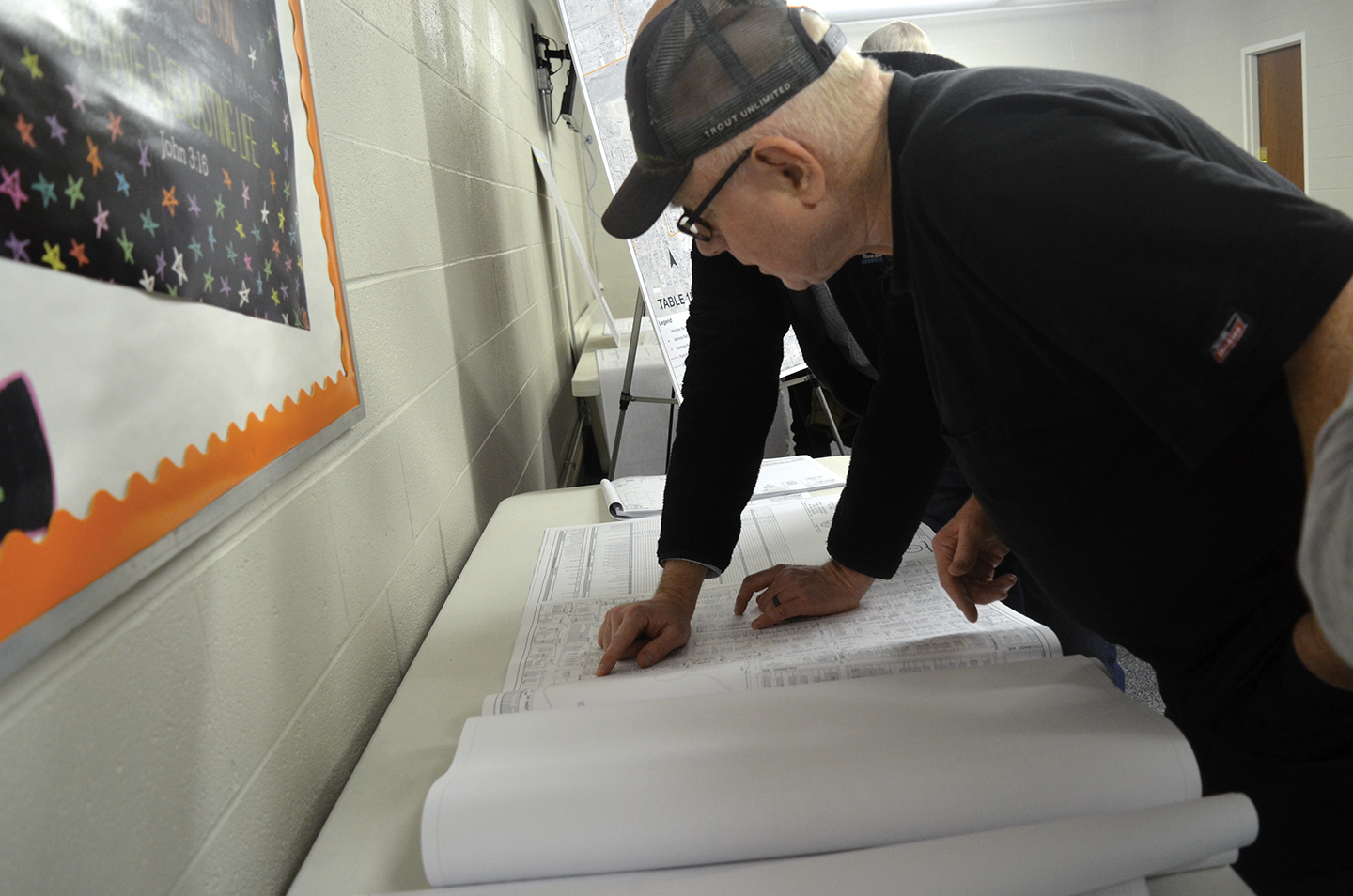
The issue lies in the event of rainfall, when the wastewater system will reach capacity, overflow, and discharge a mixture of both untreated wastewater and rainwater directly into streams and rivers. Rainwater can also enter the system through leaky sewer pipe joints, broken sewer pipes, and manholes, causing the system to overflow.
The Blue River Wastewater Treatment Plant (WWTP) is the City’s largest WWTP, with a permitted capacity of 105 million gallons per day.
The City’s combined sewers overflow to numerous receiving streams. Principal receiving streams include the Kansas River, the Missouri River, the Blue River, and Brush Creek.
In 2010, the City of Kansas City, Missouri entered into a consent decree with the United States Environmental Protection Agency to reduce the volume and frequency of overflows from the City’s sewer system. The Consent Decree describes the overflow control measures and performance criteria that must be implemented and achieved, respectively, for decreasing the frequency, volume, and duration of overflows from the City’s combined sewer system and separate sanitary sewer system.
The Overflow Control Program will address overflows from both the combined and separate sewer systems by reducing the number of combined sewer system overflows by 88 percent and repairing separate systems to eliminate overflows.
The program is funded solely through wastewater revenues, which requires significant wastewater rate increases, resulting in higher bills paid by Kansas City customers. Residents in Kansas City have already been faced with seven years of double-digit rate increases, which have more than doubled the average monthly bill for consumers.
Before implementing this program to meet the requirements of the Clean Water Act, customers paid an average monthly bill of $48 in 2009. Current average residential bills now total $102 per month and the city must continue to raise rates annually to meet the requirements of the Consent Decree.
To reduce the impact to residents of this federally mandated program, the City continues to work with the EPA to modify the Consent Decree to reduce both the heavy financial burden on rate payers and size of future utility rate increases. In addition to rate relief, the modifications allow for the addition of green infrastructure and system-wide improvements.
To learn more about the project, visit kcmo.gov/smartsewer.


